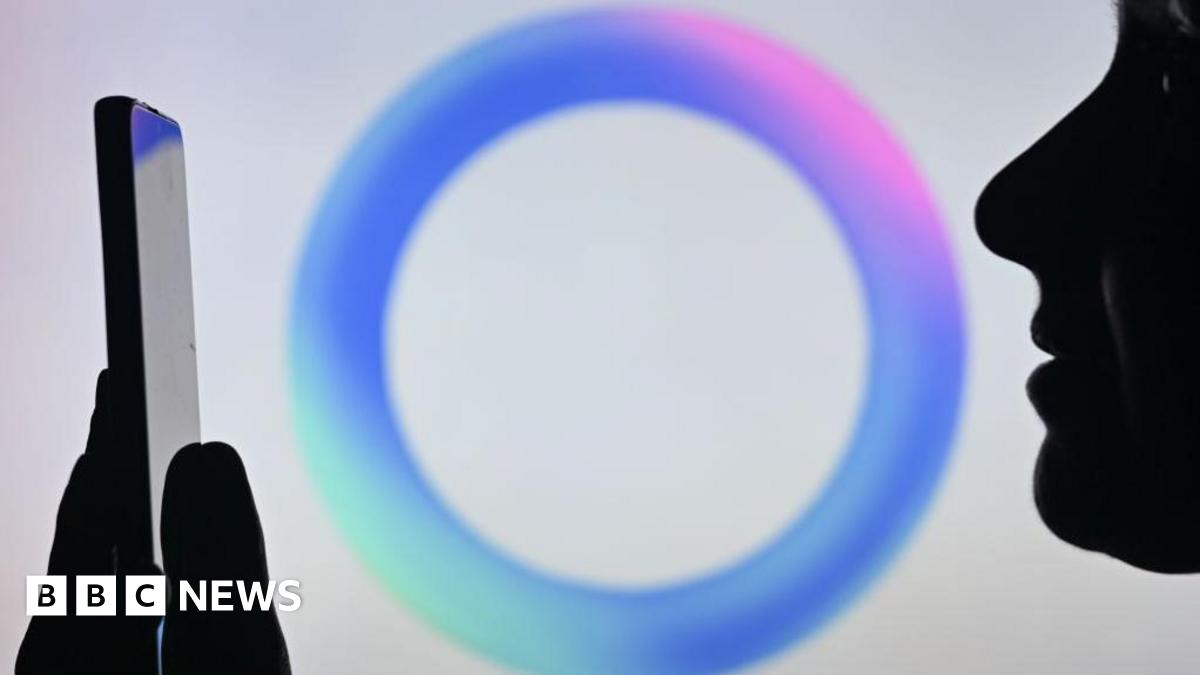WhatsApp's New AI: Optional, But Unturnoffable? The Privacy Debate Heats Up
WhatsApp, the ubiquitous messaging app, is reportedly integrating artificial intelligence (AI) features into its platform. While initially touted as optional, concerns are mounting regarding the apparent inability to completely disable these AI functionalities. This development ignites a crucial debate surrounding user privacy and data control in the age of increasingly pervasive AI.
The AI Integration: What We Know (So Far)
Rumors suggest WhatsApp is incorporating AI capabilities to enhance user experience, potentially including features such as:
- Improved search functionality: AI could power more accurate and efficient searches within chats and media files.
- Automated message summarization: AI might condense long conversations into concise summaries.
- Enhanced spam detection: AI could bolster WhatsApp's existing spam filters, improving accuracy and reducing unwanted messages.
While these features sound beneficial, the lack of a complete opt-out option is causing significant apprehension. Reports indicate users might be able to decline some AI-powered features, but not entirely disable the underlying AI infrastructure processing their data. This raises serious questions about the extent of data collection and its potential uses.
The Privacy Paradox: Optional Features, Non-Optional Data Processing?
The core issue boils down to transparency and control. Even if features are presented as "optional," the underlying data processing appears unavoidable. This means WhatsApp might still collect and analyze user data, even if a user chooses not to engage with specific AI-enhanced functionalities.
This raises several critical privacy concerns:
- Data security and misuse: What safeguards are in place to protect user data from unauthorized access or misuse?
- Data retention policies: How long is user data retained, and for what purposes?
- Algorithmic bias: Could AI algorithms inadvertently perpetuate existing biases present in the data they are trained on?
The Public Reaction and Calls for Transparency
The potential lack of a full opt-out option has already sparked considerable debate among users and privacy advocates. Many express unease about the implications for their data privacy and call for greater transparency from WhatsApp. The need for clearer information on data usage policies and stronger user control mechanisms is paramount.
What Should Users Do?
While we await official clarification from WhatsApp, users can proactively take the following steps:
- Review WhatsApp's privacy settings: Familiarize yourself with existing privacy options and make adjustments according to your comfort level.
- Stay informed: Keep abreast of updates and news related to WhatsApp's AI integration.
- Engage in the conversation: Participate in discussions and express your concerns to WhatsApp directly.
Looking Ahead: The Future of AI and Messaging Apps
The integration of AI into messaging apps is inevitable. However, this case highlights the urgent need for responsible AI development that prioritizes user privacy and data control. A clear and comprehensive opt-out mechanism is crucial, alongside transparent data policies that empower users to make informed decisions about their data. The future of AI hinges on striking a balance between innovation and the protection of fundamental rights. This situation with WhatsApp serves as a stark reminder of the ongoing conversation needed regarding ethical AI implementation.
Keywords: WhatsApp AI, WhatsApp privacy, AI opt-out, data privacy, messaging app privacy, AI ethics, user data, WhatsApp features, AI integration, data security, algorithmic bias
(Note: This article is based on reports and speculation. Information may change as official details from WhatsApp are released.)

